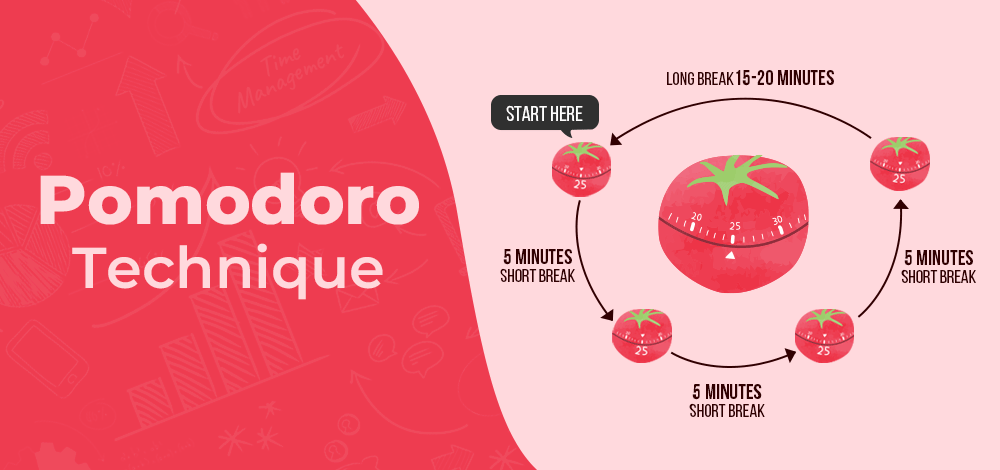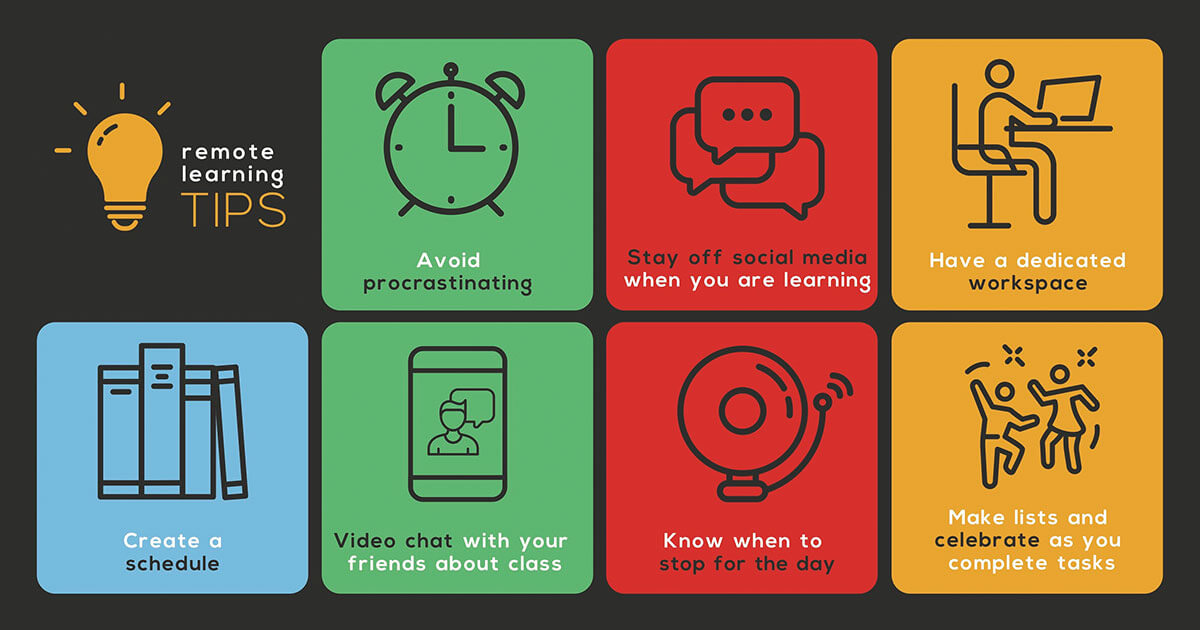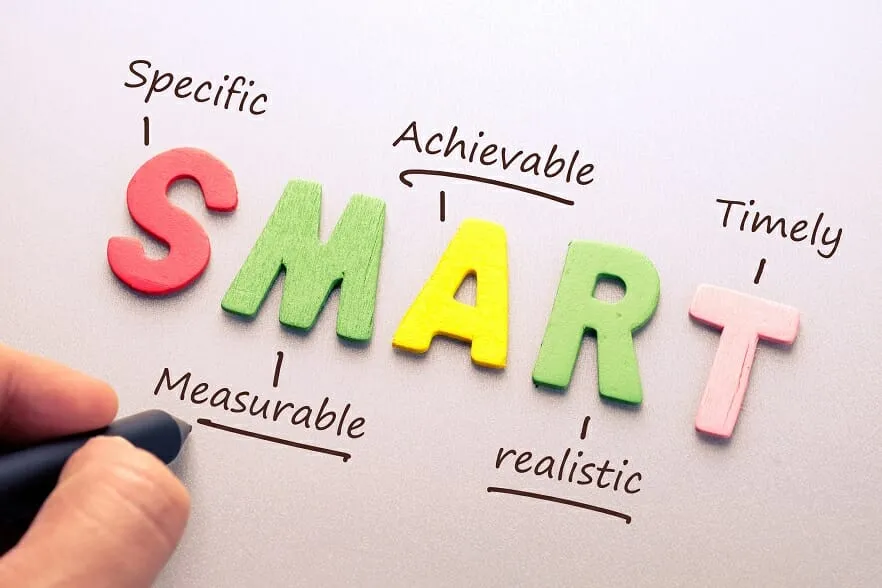Boosting your study game can truly transform your academic experience. It’s important to recognize your unique learning style—whether you’re a visual, auditory, or kinesthetic learner.
Tailoring your study techniques to fit this style can really make a difference.
For example, you might find that engaging in active learning helps you absorb information better than just passively reading.
Try self-quizzing or summarizing what you’ve learned; both are excellent ways to enhance retention. Creating a distraction-free environment is also one of the more effective focus strategies for improving your concentration. When it comes to time management, setting realistic goals can pave the way for greater organizational skills, leading to improved study techniques and academic success through effective focus strategies.
Effective Time Management Techniques
Finding a rhythm that suits your daily life can truly transform how you manage tasks. Prioritization plays a significant role; it’s all about identifying what deserves your attention.
Utilizing tools like the Eisenhower Box can help categorize tasks based on urgency and importance, allowing for a smoother journey through your daily agenda.
Another approach worth considering is the Pomodoro Technique.
By working in focused bursts, followed by short breaks, you can enhance your concentration and overall efficiency.
Effective studying can ensure you’re not just busy, but also productive in achieving what matters. Take some time to craft a manageable routine that suits your style, as this can lead to better distraction removal and a more organized day
How To Improve Study Techniques
Studying can be a rewarding experience if you approach it the right way. To kick things off, your study environment plays a massive role in how effectively you absorb information.
Create a space that’s inviting—a spot that’s well-lit and comfortable, free from any distractions.
You’ll be surprised at how this can shift your focus and make your sessions more enjoyable.
Effective notetaking is another game-changer.
Instead of trying to write down everything, focus on key points using bullet lists. This technique not only simplifies your revision later but also makes it easier to grasp essential concepts during your study sessions.
Pair this with a solid scheduling method, and you’re on your way to fostering a consistent study routine that pays off. While you’re focusing on notetaking, scheduling, stress control, motivation strategies, and creating an optimal study environment, remember to take breaks to recharge your mind.
Effective Studying
- A well-designed study environment can improve focus by up to 30%.
- Research shows that bullet-point notetaking can enhance retention of information by 25%.
- Consistent scheduling can lead to a 40% increase in productivity during study sessions.
- Taking breaks every 25-30 minutes can boost overall cognitive performance by 20%.
Secrets To Academic Success
Success in academics often stems from effective habits rather than sheer effort. It’s about finding what strategies resonate with you and incorporating them into your routine.
One useful approach is time blocking, where you carve out specific periods solely for studying or tackling assignment planning.
This method not only keeps distractions at bay but also helps you stay organized and on track.
Another important element is energy allocation.
Pay attention to your daily rhythms—when do you feel most awake and alert? Use these peak times for the tougher subjects, while saving lighter tasks for when your energy naturally wanes. Balancing your workload in this way can make a significant difference.
Integrating mindfulness practices into your schedule can also do wonders for your concentration. Engaging in assignment planning, energy allocation, time blocking, mindfulness practices, and task management can significantly enhance productivity and well-being.
Enhancing Focus Strategies For Students
Finding ways to sharpen your attention can make a world of difference for students. Start by creating a space that’s free from distractions.
Clearing clutter from your study area is a great first step; a tidy desk can help free your mind to think clearly.
Good lighting also contributes significantly.
Make sure your workspace is bright and comfortable. You might also consider using concentration aids, such as noise-canceling headphones, to enhance your ability to focus.
Your environment plays a huge role in shaping your mindset!
Practicing mindfulness can be an effective addition to your routine. Simple exercises like deep breathing or short meditation breaks can help sharpen your selfdiscipline.
These techniques also assist you in refocusing when studying feels tough.
Consistency is key here—try to weave mindfulness into your daily habits.
These techniques, including revision strategies, concentration aids, self-discipline, digital tools, and study groups, can significantly enhance academic performance.
| Focus Enhancement Techniques | Benefits |
|---|---|
| Decluttering Study Space | Promotes clear thinking and reduces distractions |
| Good Lighting | Creates a comfortable and bright workspace |
| Mindfulness Practices | Improves self-discipline and refocusing abilities |
| Concentration Aids | Enhances ability to focus during study sessions |
Developing Organizational Skills For Learning
Getting organized can really help smooth out the ups and downs of your learning journey. When everything has its place, it’s easier to focus, and you might notice that your memory techniques become sharper.
A tidy space not only reduces stress but also boosts your performance in school, setting you up for success.
Creating a clutter-free zone is a fantastic way to enhance active engagement.
Think about your study space and aim for an environment that allows you to concentrate.
There are plenty of handy tools and apps out there designed to keep you organized and on track; integrating these can make a big difference in how you approach your studies.
Time management plays a significant role in your academic planning. Using calendars and planners effectively can turn active engagement, healthy habits, procrastination solutions, memory techniques, and academic planning into achievable goals.
Goal Setting For Academic Achievements
Achieving academic success often begins with a clear vision of what you want to accomplish. When you use the SMART criteria—Specific, Measurable, Achievable, Relevant, Time-bound—you’re not just tossing around hopes and dreams; you’re establishing a solid roadmap.
This approach helps maintain motivation and keeps your progress visible.
Did you know that having defined targets can enhance your workload management? With specific goals in mind, you’ll find it easier to prioritize tasks and use your time wisely.
Take a moment to contemplate what you want to achieve both now and in the future. Remember, it’s all about breaking down those big aspirations into steps that feel doable!
Creating an effective action plan starts with identifying small, consistent steps you can take each day. For instance, if your aim is to enhance workload management through online resources and efficiency systems, while promoting collaborative learning and timesaving methods, you can significantly improve productivity.
Academic Success
- Students who set specific goals are 10 times more likely to achieve them compared to those who do not.
- Research shows that clear, measurable objectives can increase motivation by up to 25%.
- Effective workload management can lead to a 30% increase in productivity when tasks are prioritized.
- Collaborative learning has been found to improve retention rates by 50% compared to traditional study methods.
Distraction Removal In The Study Environment
Maybe you’ve found yourself ready to hit the books, only to discover that your attention is drifting away. It’s frustrating, isn’t it? The first step toward better reading comprehension is figuring out what might be pulling you off track.
Some usual suspects include digital distractions like your phone buzzing with notifications and physical distractions such as background noise or a cluttered desk.
Identify Common Distractions:
Digital Distractions: Phones, social media, and pesky notifications can easily break your focus.
Physical Distractions: Everything from loud noises to messy surroundings or even uncomfortable seating can impact your assessment preparation.
Actionable Techniques to Minimize Distractions and Enhance Reading Comprehension, such as effective assessment preparation, utilizing motivational quotes, conducting self-evaluation, and implementing feedback systems. .
Efficient Study Schedules For Productivity
Getting your study sessions just right can truly boost how much you get done. Start by pinpointing when you feel the most energized and ready to tackle those books.
Is it those peaceful early morning hours, or do you find your groove later in the evening? Sometimes, small tweaks can lead to remarkable improvements.
Next, consider chunking your study time.
Dividing material into smaller sections makes everything feel more manageable. Plus, implementing engagement tactics like the Pomodoro technique can help sharpen your focus.
You’ll likely find yourself feeling more connected to the content and less fatigued after each round.
Effective Study Sessions
- Research shows that studying during peak energy times can enhance retention and comprehension.
- Chunking information can improve memory retention by reducing cognitive overload.
- The Pomodoro technique has been shown to increase productivity and maintain focus during study sessions.
- Frequent breaks during study sessions can help reduce fatigue and improve overall engagement with the material.
- Conclusion
Closing this chapter allows us to reflect on our journey towards improved productivity. Crafting effective study schedules is a powerful way to enhance your learning experience.
Keep in mind that everyone has distinct learning preferences, so don’t hesitate to adjust your methods to suit your style.
Incorporating various brainstorming methods can ignite creativity and help you discover new strategies.
Observing your academic performance lets you pinpoint what approaches resonate best, guiding your path forward. Embrace the idea of experimenting—it’s an important part of evolving your study habits.
As you think back on what you’ve learned, consider how these insights can influence your future study routines.
Originally posted 2024-12-13 03:40:19.





